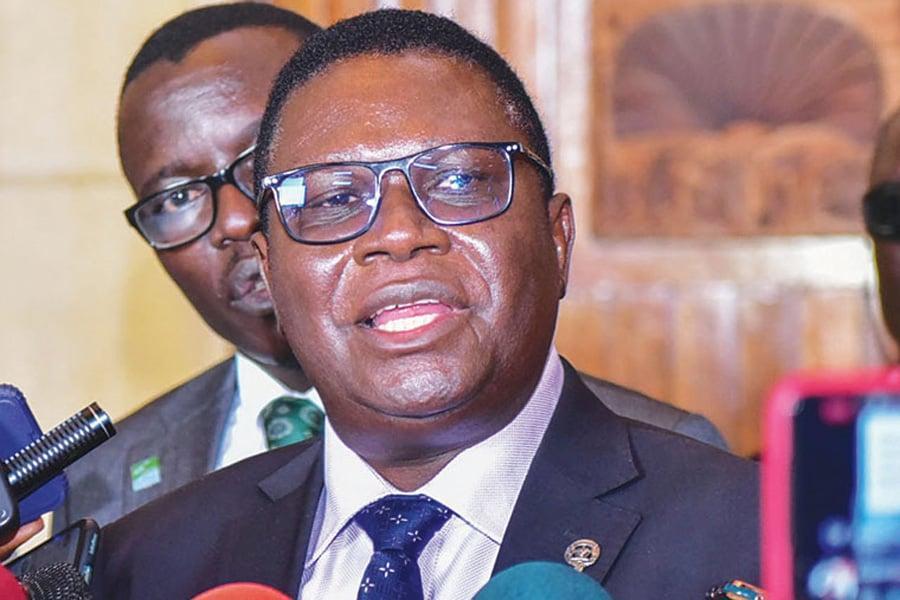Africa-Press – Uganda. As Uganda gears up for the 2026 general elections, Justice and Constitutional Affairs Minister Norbert Mao has thrown his weight behind the use of biometric voter verification machines, describing them as a crucial tool for delivering credible and transparent elections.
In an interview , Mao revealed that the Electoral Commission’s budget has been increased to procure a sufficient number of biometric machines, which will be specially designed for electoral use.
“These machines are not like the ones used in the census. They had detachable data cards that could be stolen,” Mao explained.
“The new machines will be analog and offline — not connected to any network — making them highly secure and resistant to hacking.”
He emphasized that the biometric verification technology is aimed at curbing ballot stuffing, one of the most persistent election malpractices in Uganda.
The machines will track and verify voter identity at polling stations, and the number of voters processed must match the number of ballots cast.
“It will be illegal for any presiding officer to present results that do not match biometric records,” Mao warned.
“If the number of ballot papers in the box doesn’t tally with machine data, it will be treated as a criminal offense.”
The Justice Minister urged citizens to remain vigilant and demand transparency at every stage of the electoral process — from campaigns to vote counting and declaration of results.
“Our democracy can only be sustained when all stakeholders, including voters, hold the system accountable. The Constitution and electoral laws must be followed without exception,” he said.
However, Sarah Bireete, Executive Director of the Centre for Constitutional Governance (CCG), cautioned that technology alone cannot solve Uganda’s electoral challenges. She noted that the root problems lie in voter behavior, widespread poverty, and the commercialization of elections.
“Today, people ask for money before they vote. The highest bidder takes the vote, but that often leads to poor leadership,” Bireete said.
“It’s like settling for half a kilo of meat when you could get a whole cow in the form of essential public services.”
She called for nationwide civic education campaigns and anti-poverty initiatives, arguing that empowering citizens with knowledge and economic stability would help them vote based on policies and integrity rather than short-term gains.
Bireete also raised serious concerns about the conduct of security forces during elections, warning that the 2026 polls could turn more violent than the 2021 elections, during which at least 54 people were killed in protest-related incidents.
“Elections are not a war. They are a civic exercise,” she said. “Security forces must act professionally and respect the rights of all citizens. Without a strict code of conduct, we risk bloodshed.”
She urged the government to institute urgent reforms to ensure voters can participate freely and safely, without intimidation, coercion, or state violence.
As Uganda prepares for what promises to be another high-stakes election, the debate over electoral integrity remains charged.
While new technologies may offer improved safeguards against fraud, civil society voices continue to push for broader institutional and cultural reforms to guarantee genuinely democratic outcomes.
For More News And Analysis About Uganda Follow Africa-Press






